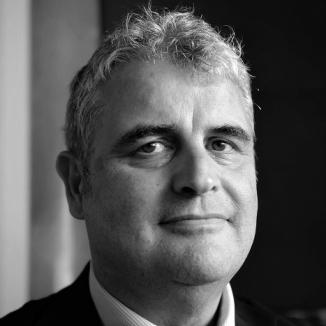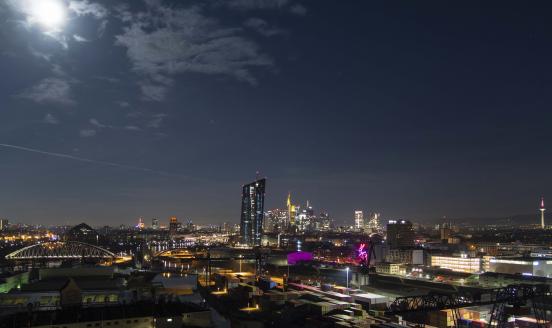Constitutional and electoral reforms in Italy: will this time be different?
The electoral rules in Italy are changing. But will a system that works well at municipal level work on the national one? And what about checks and ba
Speakers
Massimo Bordignon
Former Non Resident fellow,
Roberto D'Alimonte
Professor of Political Science, Luiss-Guido Carli University,
Viktoria Dendrinou
Reporter, Bloomberg,
Stable and decisive governments are fundamental to face challenges and implement timely policies. EU countries differ greatly in this regard. This element of heterogeneity has made it difficult for the EU to agree on and coordinate policies. Italy, in particular, has traditionally been characterised by short lived, unstable governments (four in just the last five years), and with a long and complex legislative process based on perfect bicameralism. The two parliamentary Houses have identical powers, but are elected by a slightly different electorate and with a different electoral system, thus often leading to unstable parliamentary governments.
Under the pressure of the Renzi government, a new electoral system (for the Lower House) was approved at the beginning of 2015. A broader Constitutional reform was approved in October (but entering in operation in 2016, if confirmed by a national referendum) which proposes to change entirely the scenario: removing perfect bicameralism and introducing a stronger and de facto directly elected Prime Minister, equipped with a strong majority in the Lower House. The new electoral rules would largely replicate what is already in use in Italy at local level for municipal elections.
But will this work at the national level? It is not the first time that Italy tries to reform its politics by changing its electoral rules, every time with disappointing results. Why should this time be different? And what about the accusations that the Prime Minister and the government will become too strong, with not enough checks and balances from the remaining institutions?
A presentation by Roberto D'Alimonte was followed by comments from Massimo Bordignon and a discussion with the audience.
Video Recording
Event Materials
Massimo Bordignon's Presentation
Roberto D'Alimonte's Presentation
Bruegel Event Notes






